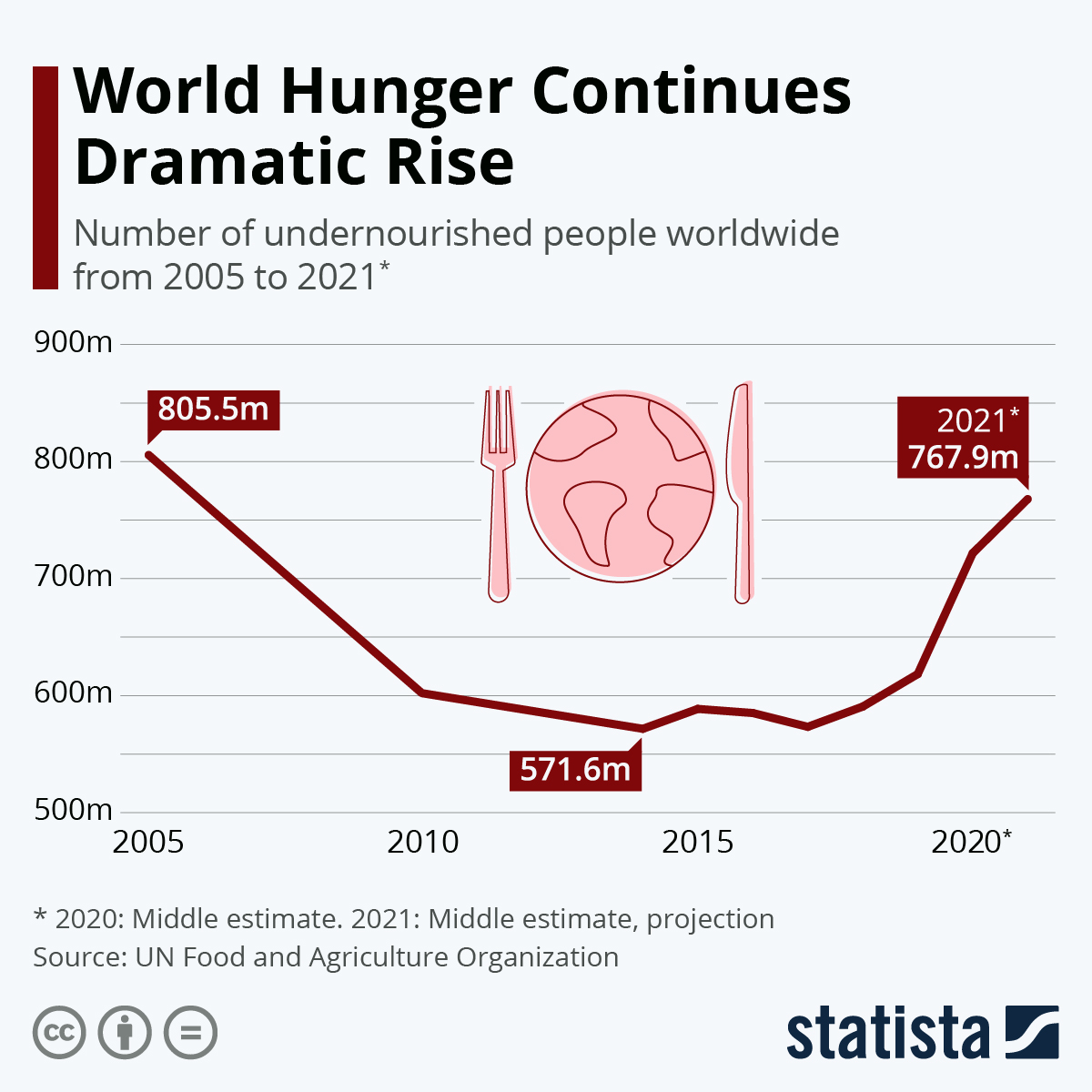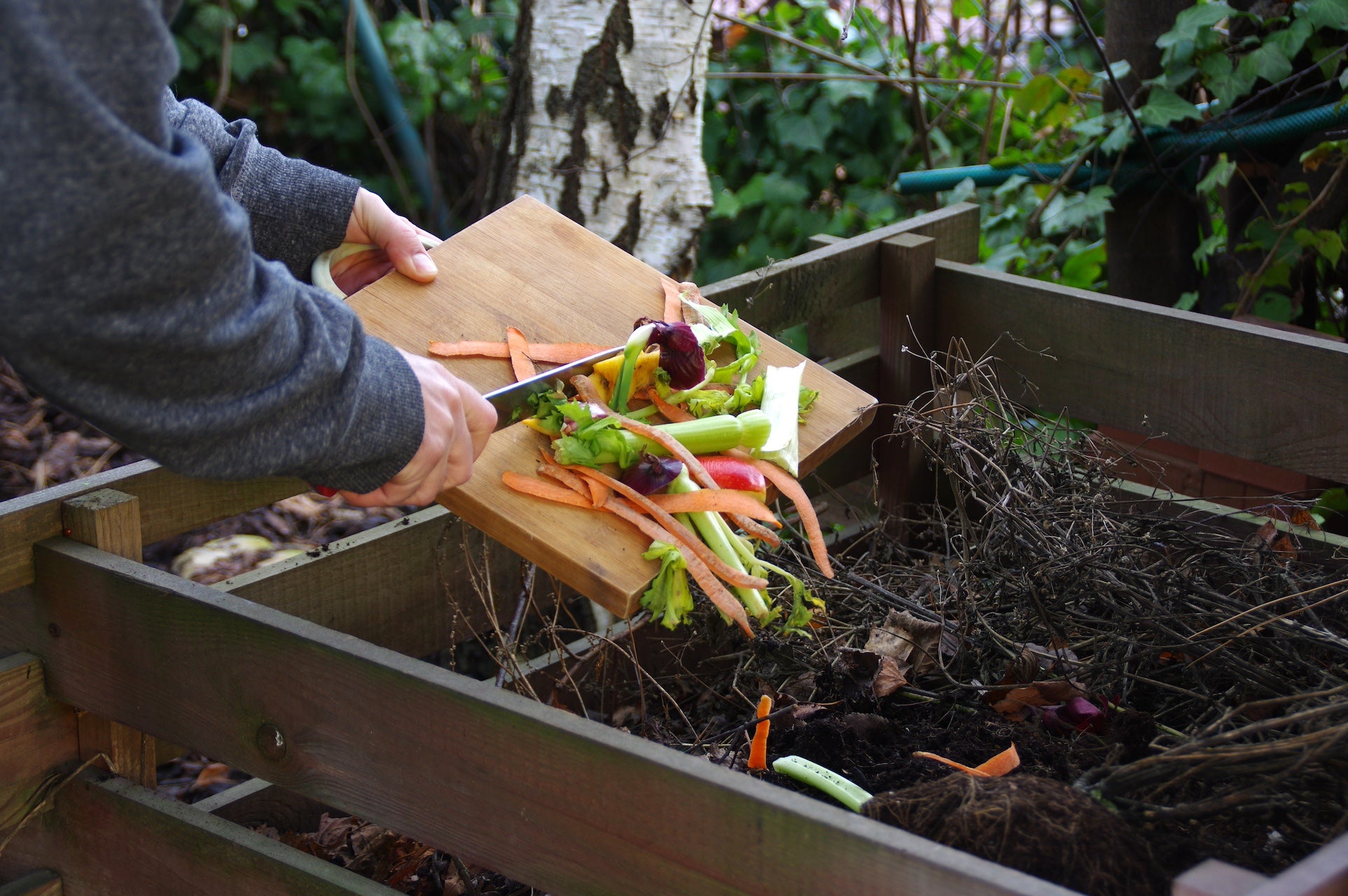
Oct 11, 2025 • by @WordMitr
World Food Day: Uniting the Planet to Solve Global Hunger and Waste
This blog post explores the paradox of global hunger amidst abundance, highlighting World Food Day's call to action. It delves into the statistics of food insecurity and waste, then presents systemic solutions like sustainable agriculture, smarter consumption, and empowering local "food heroes." The post concludes with practical tips for individuals to combat hunger and waste, emphasizing collective action for a better food future.
There's a strange paradox in our modern world: a planet overflowing with resources, yet where millions still go to bed hungry. 😔 If you're anything like me, you've probably felt a deep, uncomfortable disconnect when scrolling through pictures of perfect restaurant meals while knowing the devastating statistics about global hunger. World Food Day, observed every year on October 16th, isn't just another date on the calendar; it's a mirror reflecting this reality and a powerful rallying cry. This year, the focus is on "Hand in Hand for Better Foods and a Better Future," reminding us that the future of food—and of humanity—is truly in our hands. Let's dive in and see how we can all play a part! 💪
The Urgent Reality: Global Hunger by the Numbers

Chart illustrating the stark reality of global hunger trends 📊
To find a solution, we must first understand the scale of the challenge. The statistics are not just numbers; they represent human lives and lost potential. 🌟
Current State of Global Food Insecurity: According to the latest UN report, an estimated 8.2 percent of the global population, or about 673 million people, experienced hunger in 2024. That's down slightly from previous years, but still way too high—especially when we consider how conflicts, climate change, and economic inequalities are fueling this crisis.
The Hunger-Poverty Cycle: Food insecurity isn't an isolated problem; it's deeply intertwined with poverty, climate disruptions, and even wars. Think about it: when families can't access nutritious food, kids miss out on education, health suffers, and communities struggle to thrive. It's a vicious cycle that affects us all, no matter where we live. 🔄
The Paradox of Plenty: Here's a shocking truth—up to 40% of all food produced globally is lost or wasted along the value chain. That's billions of tons thrown away while people go hungry! We must tackle food loss at the farm level and waste in our homes and businesses. Why does this matter to you? Because whether you live in New York, New Delhi, or Nairobi, the health of the global food system affects your plate, your economy, and your planet. 🌎
From Crisis to Systemic Change: Global Solutions in Action
Ending hunger requires more than charity; it demands a transformation of our entire food system. Here's a look at globally relevant solutions that are making a real difference. Let's get inspired! 🚀
1. Sustainable Agriculture and Climate Resilience

Farmers in Africa embracing regenerative practices like mulching 🌱
Climate change is one of the biggest threats to food security. Solutions must be local, scalable, and environmentally sound. ❄️🔥
Regenerative Farming: These techniques focus on soil health, water retention, and carbon sequestration. For example, in Africa, organizations like Farm Africa are helping small farms adopt practices such as mulching, minimum tillage, and intercropping to improve soil health and boost food security in the face of climate change. Imagine turning dry lands into thriving fields—it's happening!
Agroecology: This approach combines traditional knowledge with scientific innovation to create diverse, resilient farming systems. From drought-resistant crops in Africa to community-led initiatives worldwide, it's about working with nature, not against it. 🌿
2. Smarter Consumption and Food Waste Legislation

Everyday actions like composting to cut down on food waste ♻️
Food waste is an economic and ethical outrage. We need policy changes and consumer shifts to turn the tide. 🛑
"Best By" vs. "Use By": Educating consumers on food labeling can reduce unnecessary household waste. Don't toss that yogurt just because of a date—sniff test it first! 👃
Policy Power: Highlighting legislation like France’s law banning supermarkets from throwing away unsold food, which encourages donations instead. In Europe, the EU has adopted new rules aiming for a 10% reduction in food waste from processing and manufacturing by 2030. In Asia, countries like South Korea have implemented pay-as-you-throw systems for food waste, showing how policies can drive change across continents.
3. Empowering Local 'Food Heroes'

A vibrant CSA scene connecting farmers and consumers in America 🥦
True change often begins at the community level. These stories are the heart of the movement. ❤️
The Rise of Community Supported Agriculture (CSA): In North and South America, consumers and local farmers are creating direct, resilient supply lines. Since the 1980s, CSAs have grown across the U.S., with thousands of projects connecting people to fresh, local produce. In Chile, similar initiatives are empowering rural communities—it's all about building trust and sustainability.
Global Food Banks: How food banks in countries like India and the UK are bridging the gap between surplus and need, often utilizing technology to coordinate logistics. In India, hundreds of food banks serve over 6 million people across 100 cities. In the UK, networks like The Trussell Trust distribute emergency food parcels while advocating for systemic change.
As Thomas Pesek, Senior Liaison Officer at the FAO, puts it: “World Food Day is a moment to reflect on the critical links between our food and our health.” Wise words that remind us why these heroes matter!
Your Plate, Your Power: How to Be a World Food Day Hero
The scale of the problem can feel overwhelming, but every single action matters. Here's a practical, actionable checklist for a global audience. You got this! 🦸♀️🦸♂️
- At the Supermarket: Practice "ugly produce" buying. Imperfect fruits and vegetables are perfectly nutritious—and they reduce waste! 🥕🍎
- In Your Kitchen: Learn mindful meal planning. Use leftovers creatively (e.g., a soup stock from vegetable scraps). Turn yesterday's dinner into today's lunch! 🍲
- In Your Community: Find a local food security organization. Volunteer at a soup kitchen, or organize a food drive. Search for "how to help fight hunger in my city" to get started locally.
- Educate Others: Share this information! The most important step is keeping the conversation alive and pressuring governments and businesses for systemic change. Use #WorldFoodDay on social media. 📣
The Human Touch & Call to Action
World Food Day is more than a day to think about food—it's a day to think about people. It's about the simple, fundamental human right to a nutritious meal. As we close the loop on this year’s theme of "Hand in Hand for Better Foods and a Better Future," let us commit to moving beyond passive awareness to active engagement. The solutions exist; they simply require our collective will. 🤝
Let's make every day a World Food Day. 🌟


@WordMitr